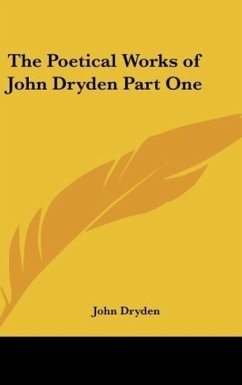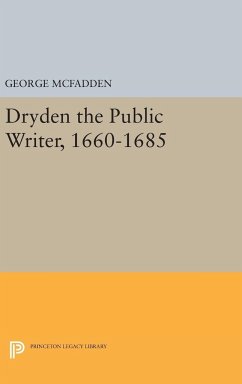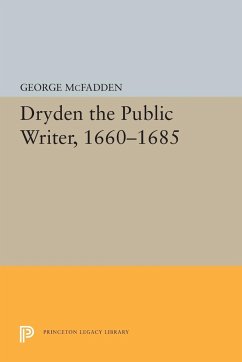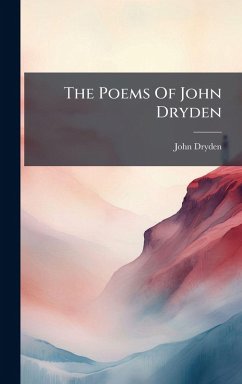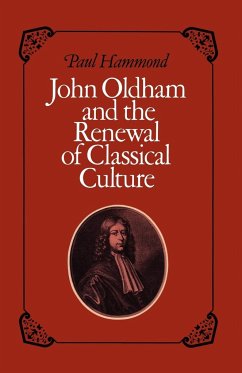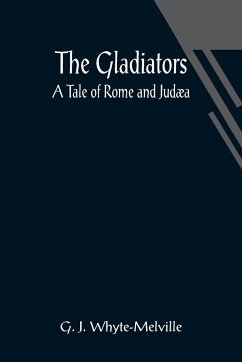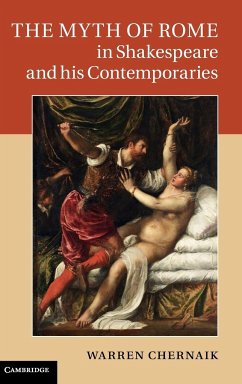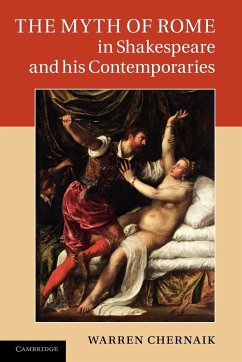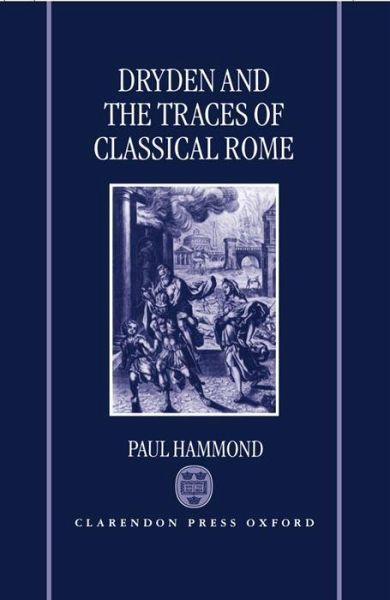
Dryden and the Traces of Classical Rome
Versandkostenfrei!
Versandfertig in 1-2 Wochen
210,99 €
inkl. MwSt.

PAYBACK Punkte
105 °P sammeln!
This book examines the uses which Dryden makes of Latin in his poetry and his critical writing, firstly through quotation and allusion, and secondly through formal translation. The first half explores the paradox that Dryden's sense of himself as a modern English writer is often articulated by means of a turn to classical Latin, while the contemporary English nation is conceptualized through references to ancient Rome. The second half offers readings of Dryden's translations from Horace, Juvenal, Lucretius, Ovid, and Virgil, culminating in a long essay on Dryden's Aeneis. Dryden used translation from the Latin poets as a way of exploring new territory: in the public sphere, to engage with empire and its loss, and in the private world, to contemplate selfhood and its dissolution. In following the varied traces of Rome in the texture of Dryden's writing, and by emphasizing his continual engagement with mutability and metamorphosis, this book argues the case for Dryden as a thoughtful, humanistic poet.





